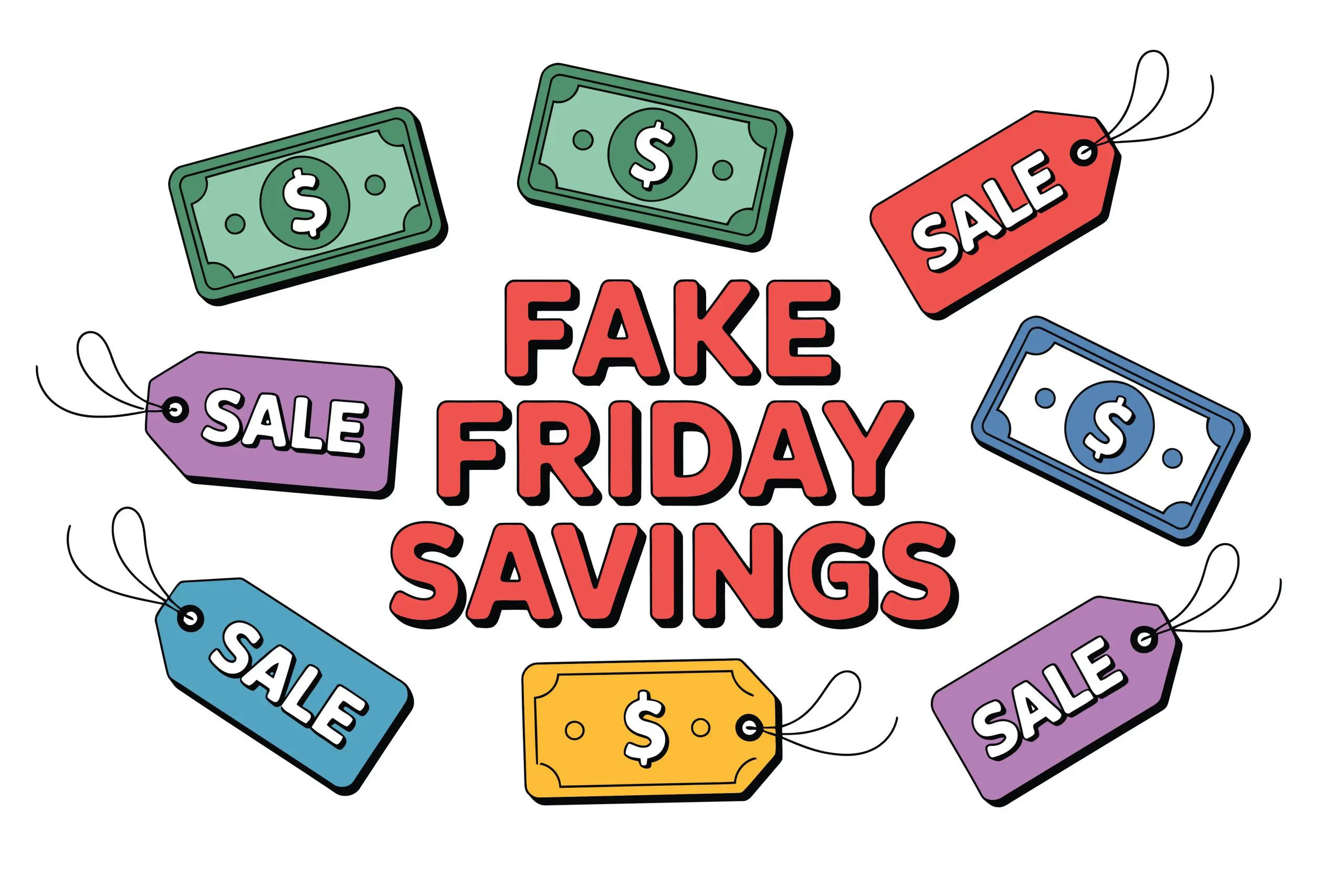The flood of political emails and solicitations has slowed since the election ended. Now, the calls for charitable gifts are moving into high gear. It’s a fact that most people do the majority of their charitable giving in the final six weeks of the year. Giving Tuesday, for example, which falls on December 3, 2024, is generally one of the biggest giving days of the year. In 2023, charitable organizations across the country raised $3.1 billion on Giving Tuesday!
The question is, “How do you determine whether a solicitation and its offer are legit?” Some of the elaborate solicitations we’ve seen include headlines such as:
- Triple Your Gift Before the Match Expires!
- Claim Your 5x Match!
- RARE 700% IMPACT EXTENDED!
- Any Donation You Make by Sunday at Midnight Will be Doubled (or Tripled, or even Quadrupled)!!!
These solicitations aim to get you to donate more money and do it right away. Determining the integrity of solicitations such as these lies in understanding how these matching programs work and what warning signs to watch out for.
How Do These Charitable Matches Work?
In many cases, a board member, a foundation, or other loyal donor has already pledged or given a large donation. In some instances, though, the money can only be used to “match” donations from other people. So, when you contribute, a portion of the matching fund is released. In other cases, the charity itself restricts the funds.
As the charity watchdog Charity Watch puts it, the charity is simply moving money already in its possession from one account to another.
Either way, the charity uses a marketing spin to get you to give, give more, and give now.
There is nothing necessarily illegal or untoward about these tactics. The key is to use the same kind of due diligence you would typically do in evaluating the charity before writing a check or hitting the “donate now” button.
You want to ensure your dollars go to an efficient and effective charity. Among the online resources that can be helpful are Charity Navigator, Charity Watch, BBB Wise Giving Alliance, and Candid.
Corporate Matches
Corporate matches are another type, usually with fewer gimmicks or restrictions. A perk offered by many large companies will match your donations to various charities, thus helping to fulfill their philanthropic efforts.
The dollar-for-dollar match may have a cap, meaning they plan to give away only so much each year. Each company has its own rules and limits, and some restrict what types of charities can be included in their matching gift efforts. Some want to avoid controversial issues or religious causes, and some companies limit their matching contributions to a list of charities they have selected.
About two-thirds of the Fortune 500 companies offer a matching gift program.
A few words of caution and advice:
- Fake causes and charity scams always seem to increase during the holidays, when many people are in a gift-giving frame of mind.
- These email solicitations often try to get you to sign up to make monthly contributions. It’s easy to do that by clicking the wrong button, even if that’s not what you intended.
- Scammers often target people and groups that are most susceptible to charitable giving campaigns, such as older adults and people with disabilities.
- Delete any solicitations with attachments. Don’t open them. Attachments could include malware that will infect your computer and allow a cybercriminal to steal your personal information.
- If the charitable pitch asks you to use wire transfers of gift cards, it’s probably a scam.
- Don’t give anyone your Social Security number or other personal information.
- Remember the old maxim: if it seems too good to be true, it probably is. Be cautious if the promised match is too large.
In Conclusion
Taking advantage of matching contributions can be an impactful way for donors to help their favorite charities by leveraging their dollars. While most matching programs are legitimate, some unscrupulous players are out there.
Now that you’re informed, you can make wise choices about whether or not to give in to those incessant end-of-the-year email “gimmicks.” Remember – they are meant to create a sense of urgency, but you still need to use the same rigor as usual when vetting the charities.



